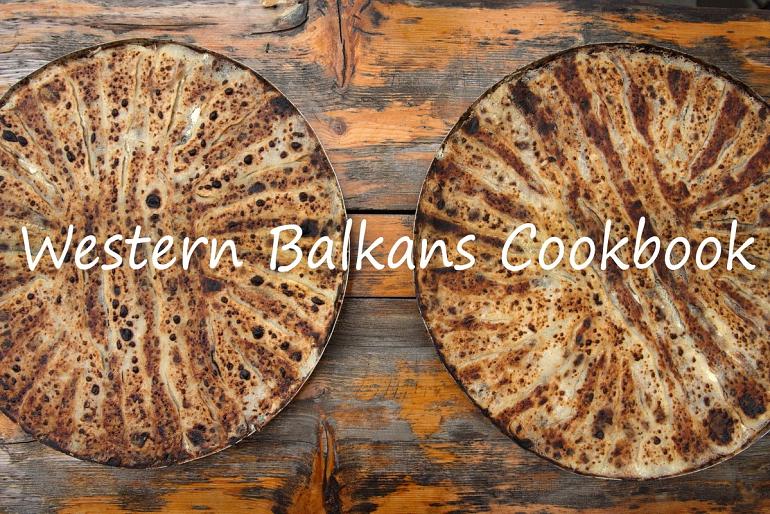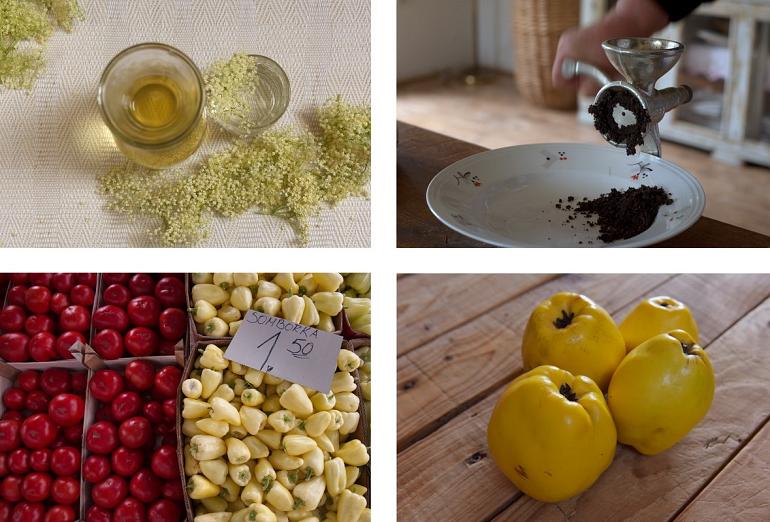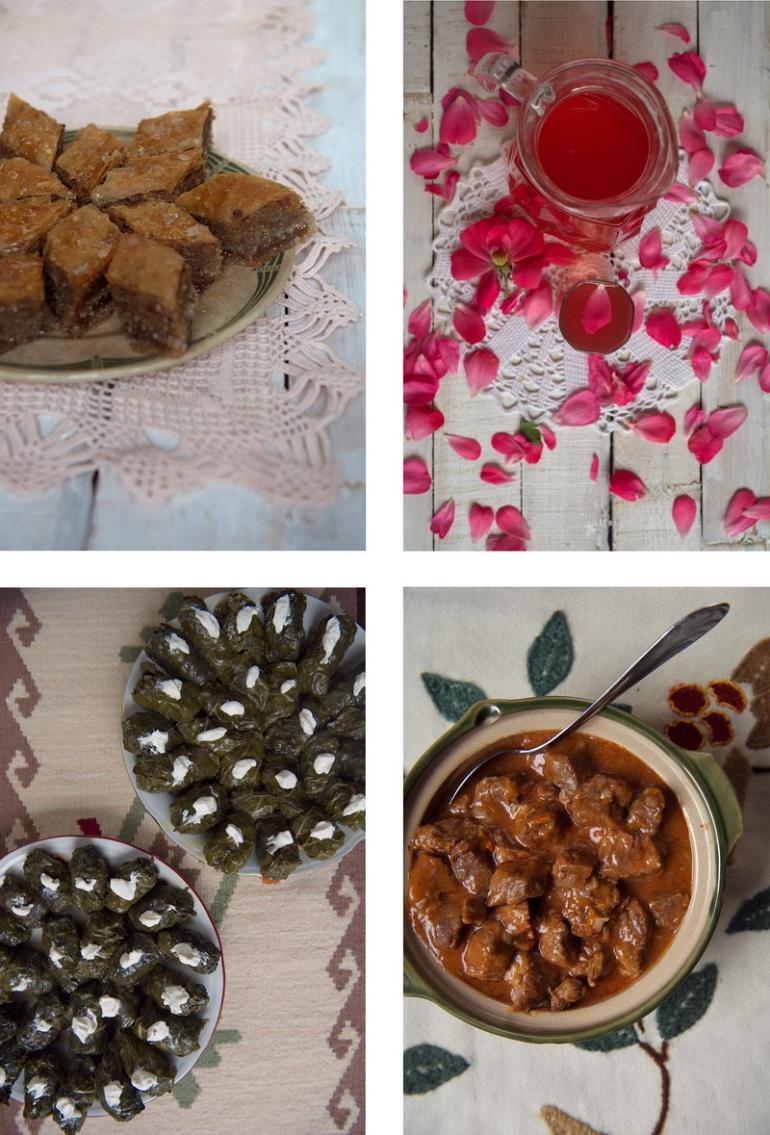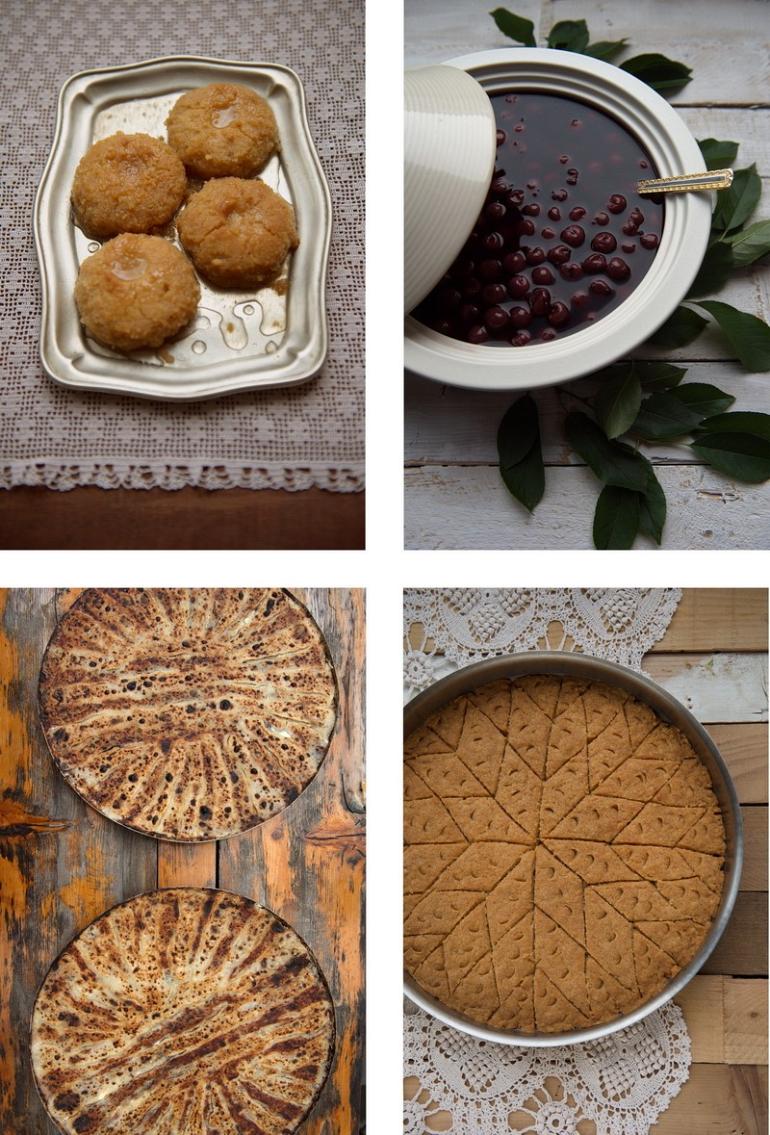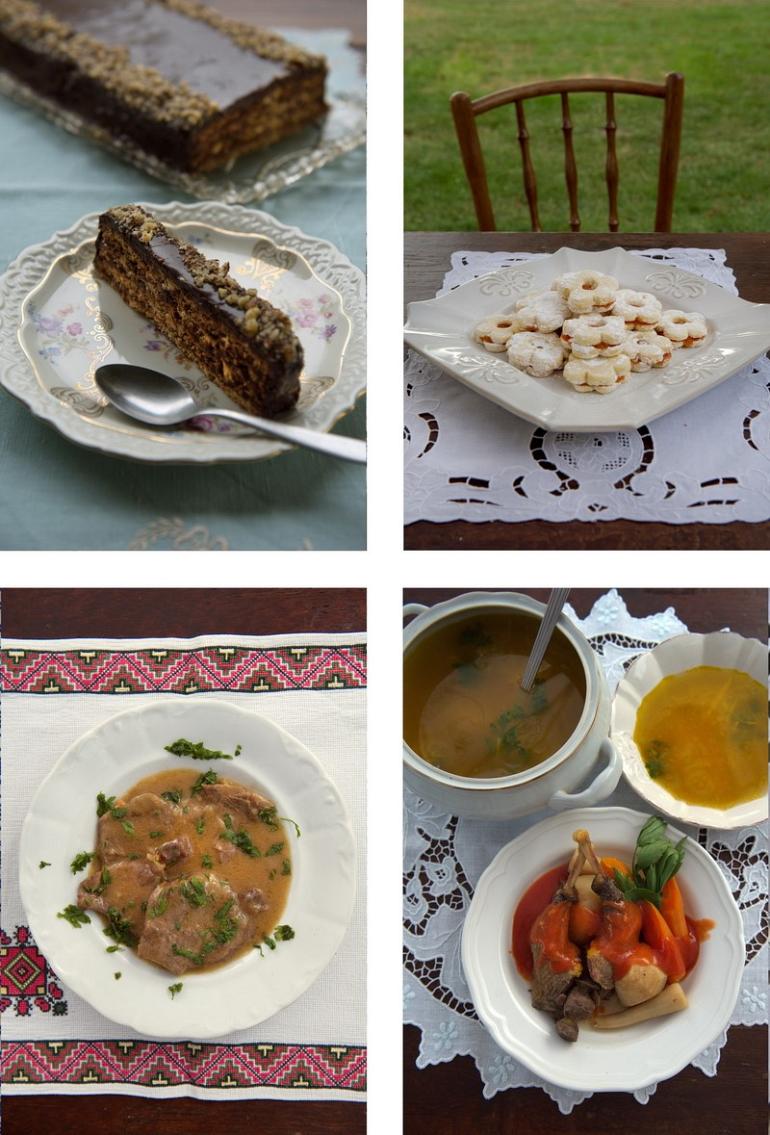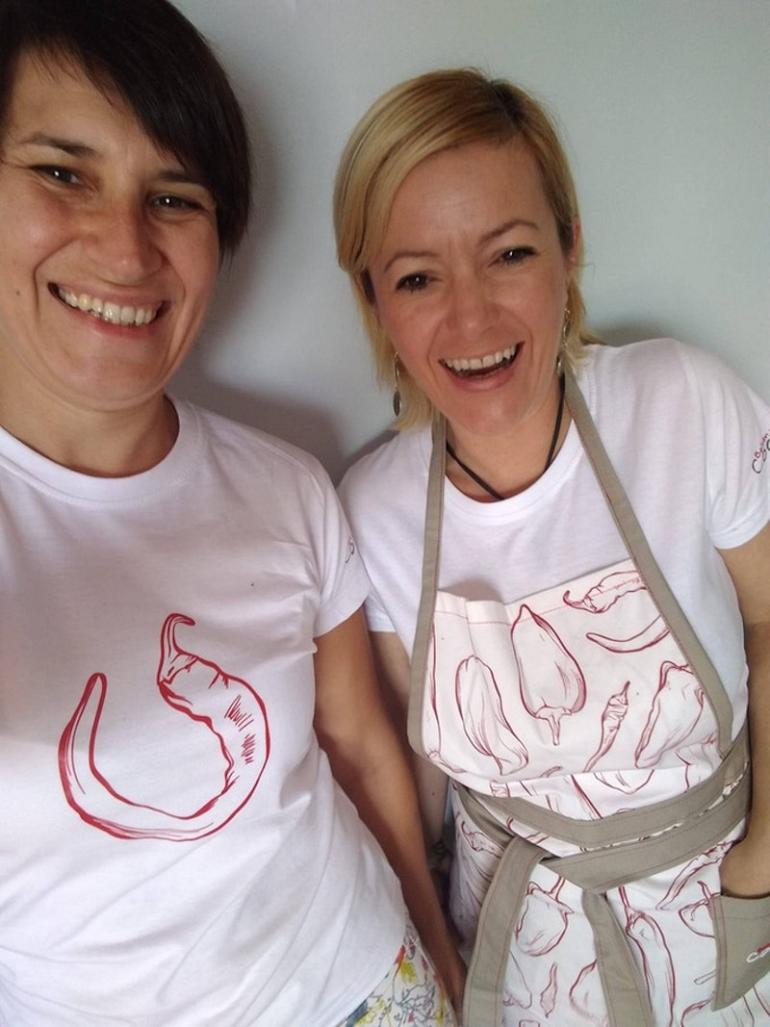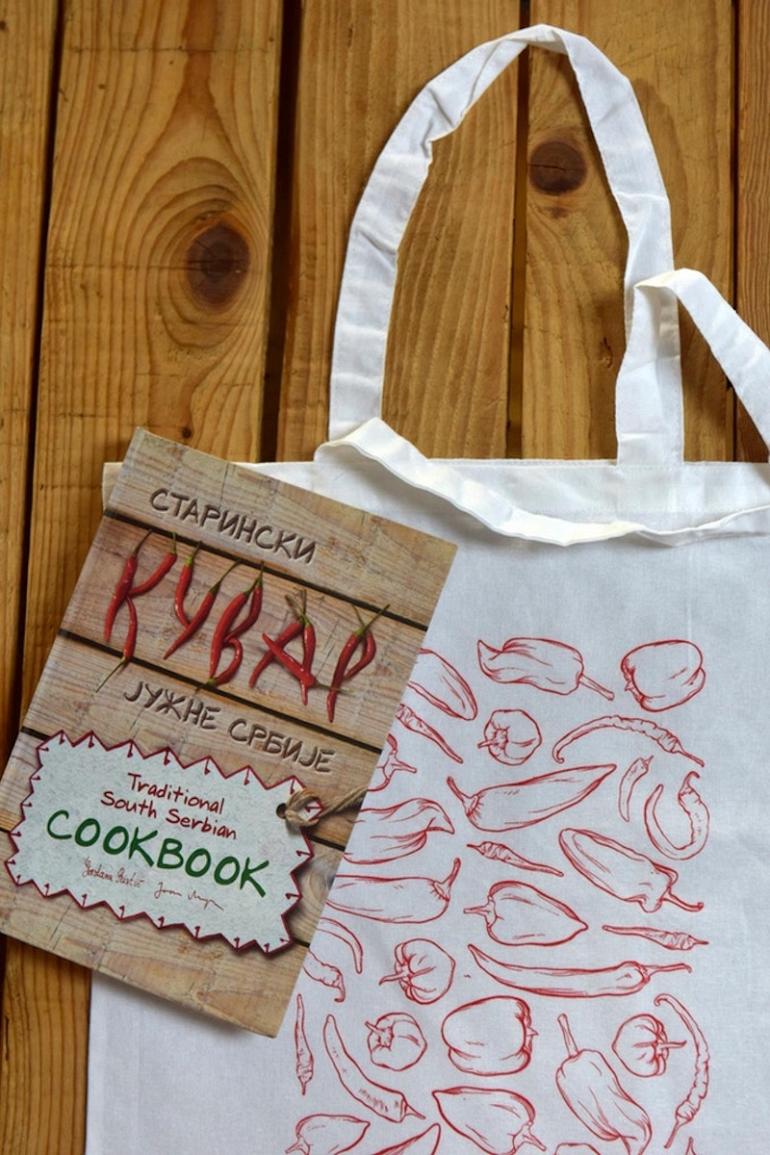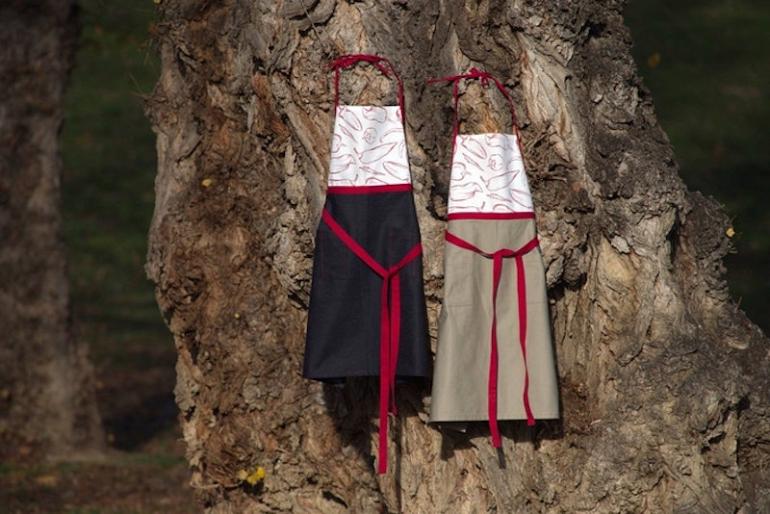The Western Balkans Cookbook will map the cuisines of the region and beyond, where the dishes are still prepared in a traditional way
À propos
1. Introduction
“Ajvar is not yours !” “Burek is with meat !” “Coffee is (not) Turkish !” If you have ever been to the Balkans or have friends from this part of the world then you have probably heard people say such things. Mapping the region’s food is the essence of the Western Balkans Cookbook. However, we are not chefs and this project would not be possible without help, both financial and cooking the Balkan gastronomic delights that we are showcasing in the cookbook. We have succeeded in gaining part of the funds we need to create the cookbook through a grant from the Western Balkans Fund and through cooperation with our friends and partners throughout the region. Now we need to raise a small amount more to fund our last trips to Bosnia and Albania, where our friends are waiting for us to cook together.
2. Western Balkans
The Western Balkans region is situated in the South-East Europe. The Balkan Peninsula is bordered by the Adriatic Sea to the northwest, the Ionian Sea to the southwest, the Aegean Sea to the south and southeast, and the Black Sea to the east.
The gastronomy of the Balkans is highly influenced by the Ottoman Empire (Turkish cuisine) and Austro-Hungarian Empire (Central and Eastern European cuisine), and by an important mix of different cultures. The border between these empires ran through the Balkans for almost 500 years and deeply influenced the cuisine of the region. In the former-Yugoslavia, this mix was broadened yet further by the migration of people within Yugoslavia. It is not well known that eating habits changed in the poorer parts of Yugoslavia following WWII, with more meat and white wheat flour added to their menu. This change occurred following the rise to power of the communist and their efforts to minimize the differences between rich and poor. Nonetheless, in some parts of the Balkans, where the communities remained close to the patriarchate, you can still find cuisine from Anatolia, for instance, in places like Bosnia, Sandzak (a informal area partly in Montenegro and Serbia), Kosovo, Albania and South Serbia. Some dishes are known by the same name throughout the region, but there are also some dishes (prepared to the same recipe)that are known by different names. Some dishes are also only commonly prepared in specific locations. For example, goulash is traditionally prepared in Austro-Hungarian colonies, but there are also islands in the northern parts of Albania and Sandzak part where goulash is also common.
3. About this cookbook
Aside from Greek and Turkish cuisine, other Balkan cuisines are not so popular around the world. This cookbook will map the cuisines of the Western Balkans and beyond, where dishes are still prepared in a traditional way. Sarma, ajvar, tufahije, goulash, shopska salad, baklava, strudla, and home-made filo pastry…. We want to find out, with a dose of humor, where the region of Ajvar is located and how widely it is spread around...
We also wish to keep and promote some of the specific flavors of the region, such as elder flower, quince, plums, apricots, peppers, carrots, potato, lard, lamb meat, intestines, grilled minced meat, fried onion, okra, parsley, dried basil, paprika, the many and varied ways in which dough is prepared and sweets from Turkish Delight to Viennese-style cakes, as well as many others. We have already collected 75 recipes. We expect to use around 100 recipes in total, together with recipes from Albanian and Bosnian and Herzegovina. Every dish will have its own photo, and some of them are already presented here. We will keep the same headings as in the first book. We also work with the same team and hope to keep high standards of graphic design and print. This cookbook will be published in English in the beginning of April 2020.
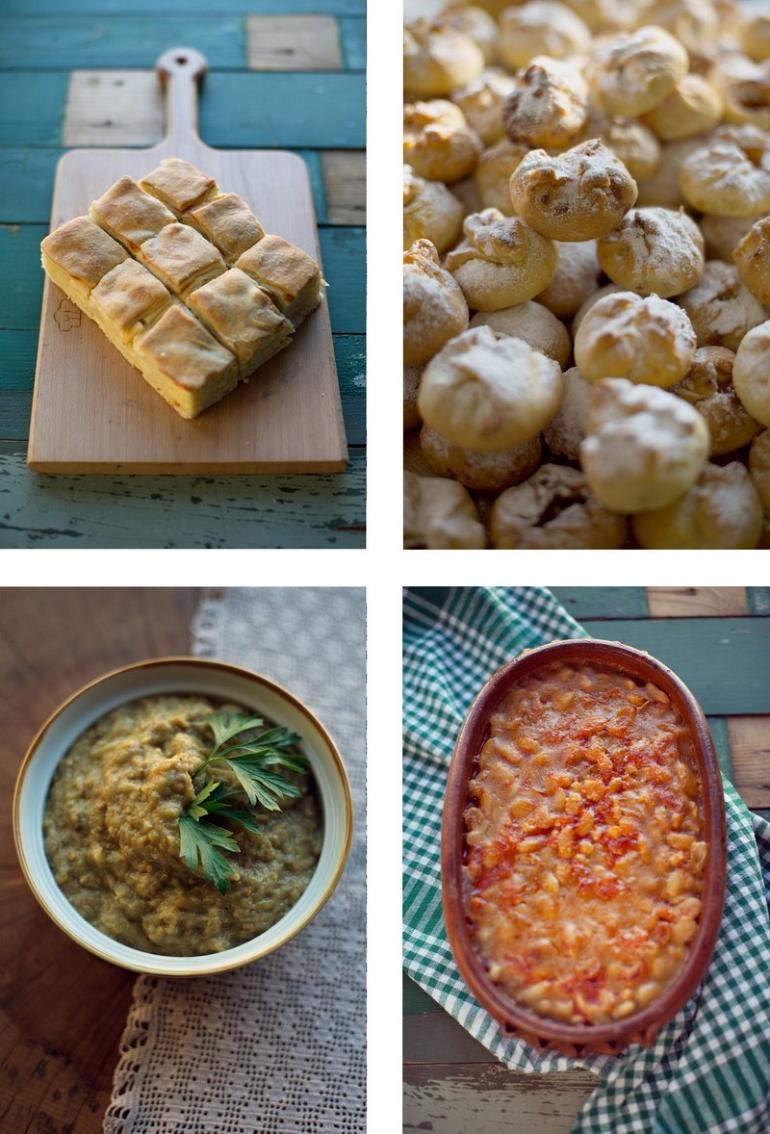
Through this work, we have explored the history of people and their traditional foods, as well as the migration of people and the small changes that migration brought about in names of dishes and methods of cooking. Most of the dishes have been photographed at events organized by our partners, but some we prepared ourselves. In addition to recipes we are collecting and photographing traditional hand-made crafts such as woven carpets, cloths, and aprons, etc.
This project brings together members of local communities who are not typically involved in preserving local gastronomic traditions, such as eleven young cooks who are future Balkan fusion chefs in North Macedonia, fifteen economically independent women in Kosovo, seven female activists in Montenegro, as well as more typical keepers of tradition, including eleven women who are active in women’s associations in Serbia. However, there are also five men, six women’s associations and five small businesses who have worked with us so far. Small businesses involved in the project include local restaurants, bakeries, butchers, farmer’s restaurants (salas) and organic farms involved in agro-truism, all of which we have visited during our trips. Most of them are included in our proposed gastronomic trips that are part of the awards.
The creation of this cookbook is partly supported by the Western Balkans Fund, through the Gastronomic Map of the Western Balkans project. We have been working on this project with Gordana’s non-profit organization Generator from Vranje, Serbia, Bona Fide from Pljevlja, Montenegro, KCIC from Gjilan/Gnjilane, Kosovo and ARNO from Skopje, North Macedonia.
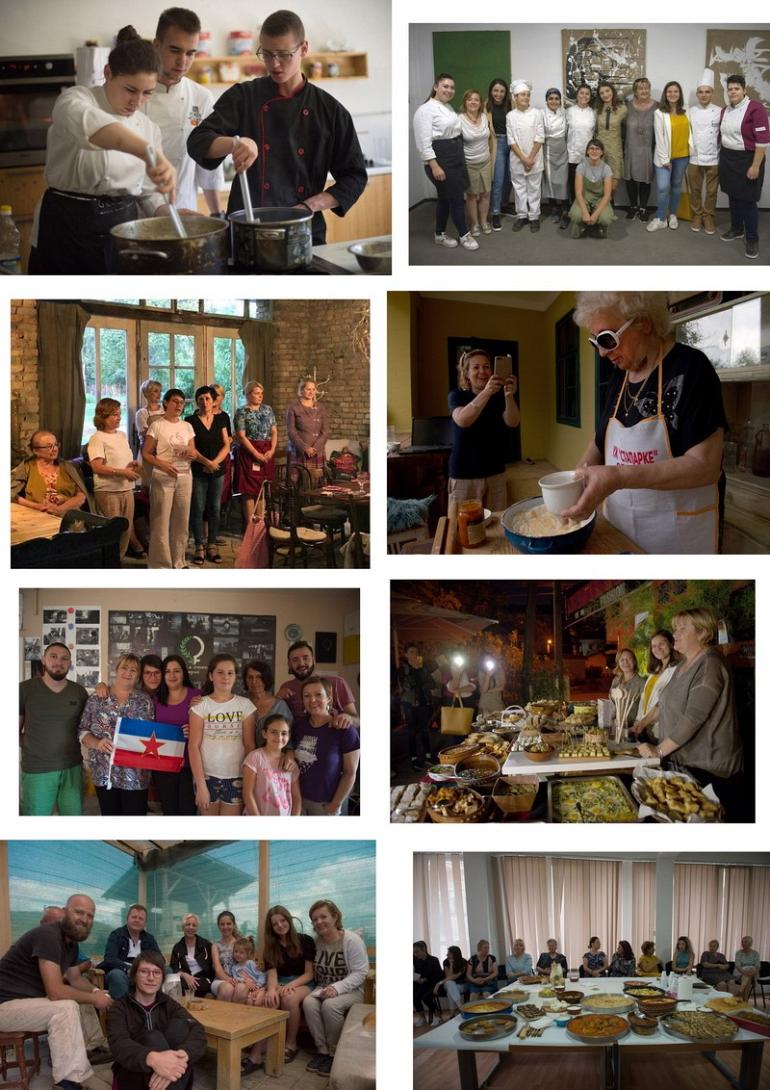
To finish the project we need your support to organize one more trip to Albania and Bosnia and Herzegovina and to cover the additional costs of designing, editing, translating and printing our cookbook. Our fantastic partners are waiting for us in Tesanj (BiH) and Tirana (AL) so that we can finish this wonderful project !
4. Rewards
All the rewards are our own authentic products, which we have been developing since 2015. The Balkan Cookbooks is a brand that we have developed in order to support our projects in the field of engaged art and democracy. The rewards that we have for you include aprons, bags, T-shirts, postcards and cookbooks (both Western Balkans and South Serbian cookbooks). Most of the rewards will be delivered in April, but some of them by mid-December 2019, February or May/June 2020. However, we have also prepared gastronomic trips to our favorite restaurants, some of which we visited during our trips and learned their delightful recipes !
Please, support us again !!!
Risques et défis
Delays in printing - trying to get an end date from suppliers in Serbia can be a challenge. If the delays occur we will press on communicating with the suppliers frequently.
